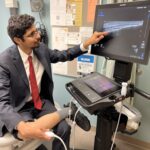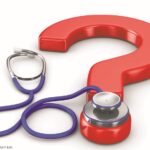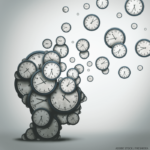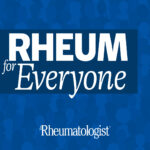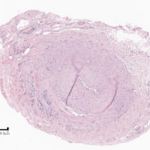It was like a reverse Uno card had been thrown onto the table. My patient was now asking his rheumatologist, “Are you okay? You look like you’re in a lot of pain.” He was right. I was wincing trying to get up from my seat and limping trying to get a few steps over to…
